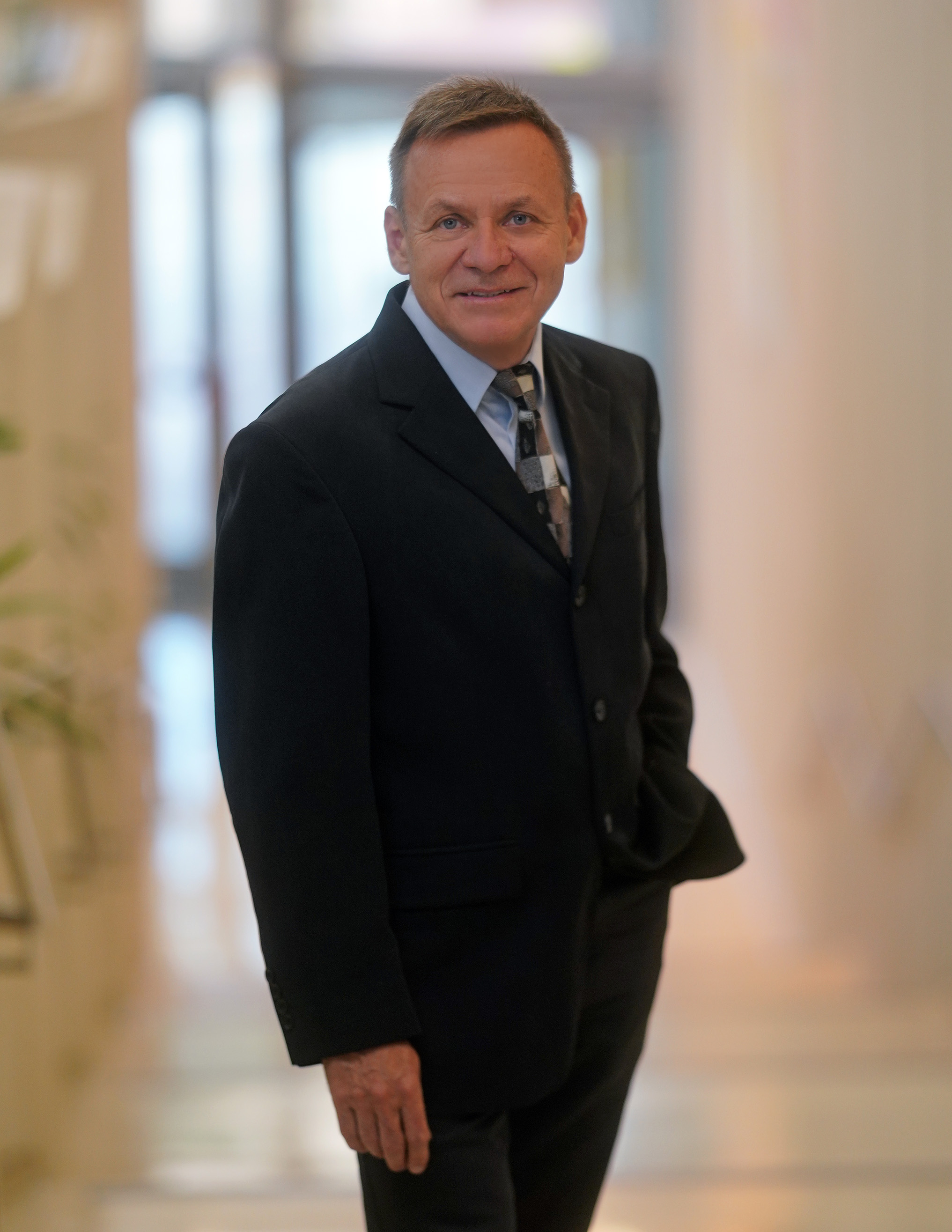Tomasz Kordula, Ph.D.
Distinguished Mentor Award
 Professor and Graduate Program Director
Professor and Graduate Program Director
Department: Department of Biochemistry and Molecular Biology
By every definition, Tomasz Kordula, Ph.D., Professor and Graduate Program Director in the Department of Biochemistry and Molecular Biology at VCU SOM, epitomizes what it means to be an excellent mentor. Mentors are patient, active listeners who ask and answer questions, share their expertise, provide candid feedback, and guide their mentees towards their own conclusions. The very best mentors are passionate about helping others and encourage their mentees to stretch beyond their comfort zones to reach their potential. According to Dr. Kordula’s mentees, he is all of this and more. He demonstrates a genuine interest in their personal and professional development, going above and beyond to provide guidance, resources, and constructive feedback. One former student said, “He pushed me to levels that I didn’t think I had in me or were possible and challenged me to think outside of the box.”
Sandeep K. Singh, Ph.D., Assistant Professor of Biochemistry and Molecular Biology at VCU SOM, states that Dr. Kordula “possesses a very charming and humorous personality which can always be felt at and around his office and lab adding to a light and fun filled working environment.” A former mentee, Dr. Singh continues to seek advice from Dr. Kordula, as do many others. Lauren Thonesen, Ph.D., a forensic scientist at the Virginia Department of Forensic Science Eastern Laboratory, credits Dr. Kordula for the laboratory skills and critical thinking she learned under his tutelage. She describes the experience of working with him: “On any given day in his laboratory, you will see students hard at work, but you will also observe laughter, joy, and camaraderie. He develops a connection with each of his students that endures the years.” Dr. Aneta Kasza of Jagiellonian University in Krakow met Dr. Kordula in Poland in the 1990s and he has been her mentor ever since. She describes him as a “very direct, sociable person with a fantastic sense of humor” and said that working in his groups “is always a big and very interesting adventure.”
After joining VCU in 2004, Dr. Kordula quickly set up a funded research program on astrocyte-specific gene expression. Dr. Sarah Spiegel, his department chair, states Dr. Kordula “has remained a continuously funded investigator and is one of the international leaders in the study of epigenetic regulation of inflammatory genes in glial cells and their roles in tumor invasion.” His work explores how mechanisms that function in astrocytes are altered in glioblastoma multiforme, the most common primary brain tumor. He serves as associate editor for the Immunobiology and Frontiers in Immunology; Cytokines and Soluble Mediators in Immunity, in addition to being on the grant review committee for four organizations. Dr. Kordula was also an ad-hoc study section member for five groups as well as a study section member for two NIH groups. He has published 76 research articles and 4 book chapters, and he has presented locally, nationally, and abroad on 36 occasions. Dr. Spiegel noted, “In addition to actively engaging in scholarly and professional activities, I have had the opportunity to witness Dr. Kordula’s unwavering commitment to nurturing
the potential of all his mentees. Dr. Kordula possesses an incredible talent for identifying and cultivating the unique strengths of each individual. ”
Dr. Kordula has mentored 23 Ph.D. and M.S. students as well as 13 Postdoctoral Fellows, and he has served on the graduate advisory committees of more than 80 Ph.D. students at VCU and Cleveland State University. One mentee, Michael Surace, Ph.D., sums up Dr. Kordula’s impact: “Dr. Kordula is what one might call a scientist’s scientist, meaning his curiosity and dedication to elucidating molecular mechanisms is both infectious and abundantly evident in the way he thinks, moves, speaks, jokes, cajoles, and critiques. He...creates an environment that fosters intellectual curiosity, critical thinking, and self-confidence.”